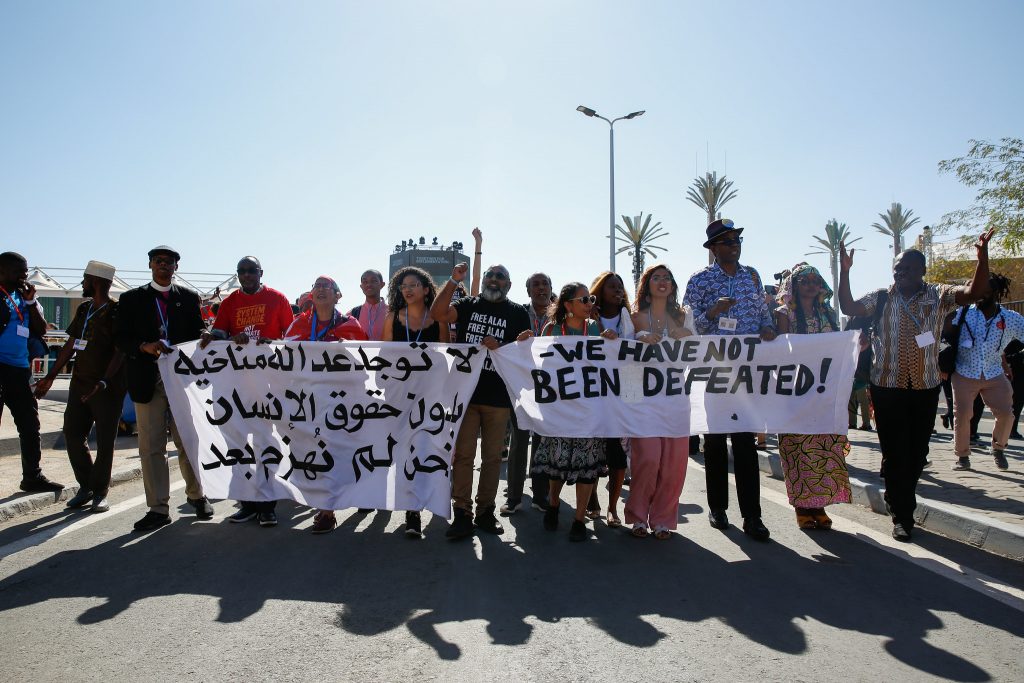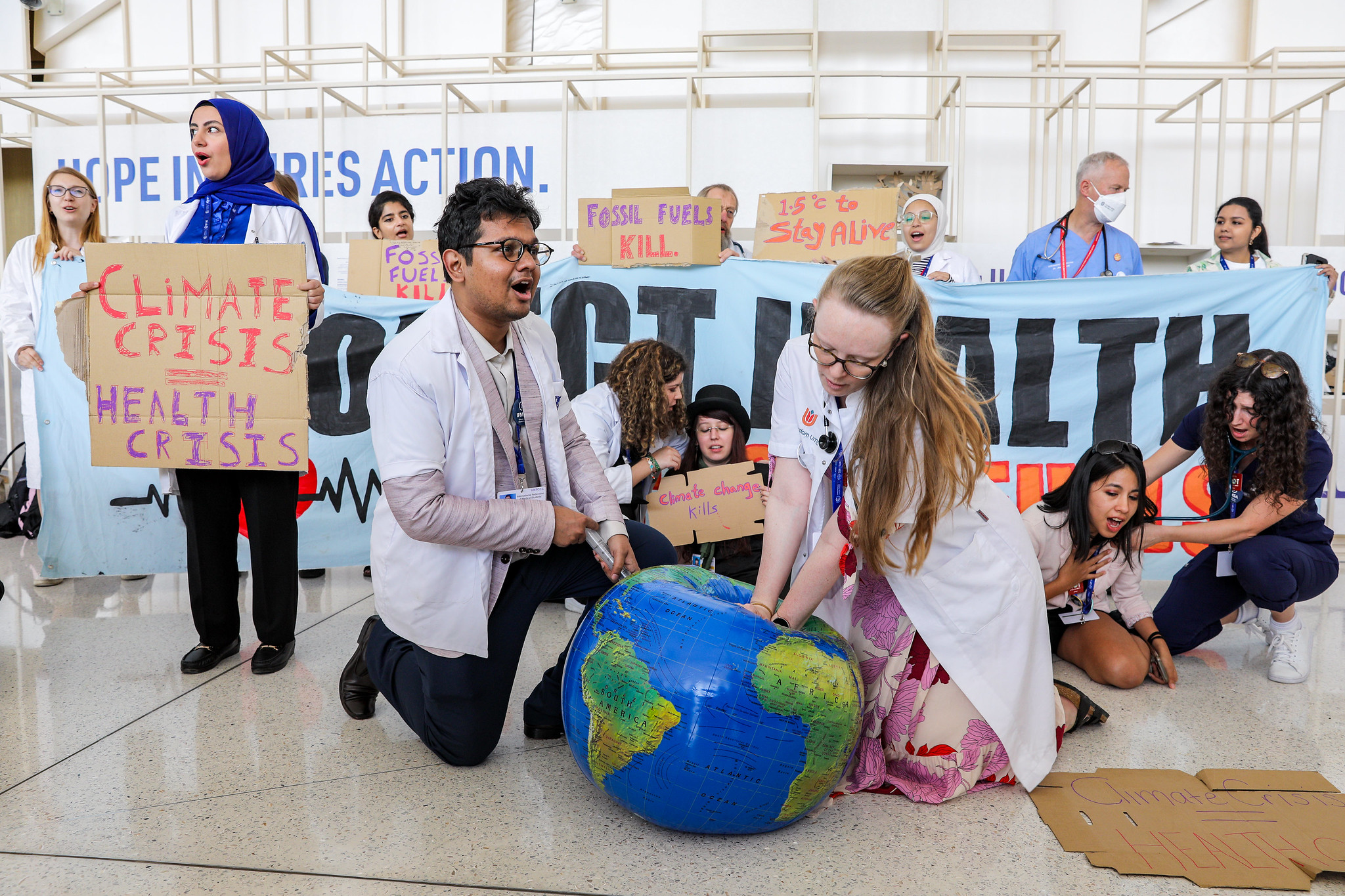It’s easy to be cynical about international conferences. They require a large number of delegates to fly long distances at great expense, involve lots of talking and often seem to achieve very little. There have been literally hundreds of environmental conferences over the years and a corresponding number of grand statements and resolutions. The question is whether all these fine words lead to action. Whilst the outcomes may well be open to question, perhaps we need to recognise what international conferences can achieve rather than what they can’t.
One of the first international agreements of modern times dates back to 1959 when the twelve countries which had been conducting research in Antarctica agreed to make it into a reserve devoted to ‘peace and science’. Another historic landmark was the conference on international development held in 1980 which drew attention to the drastic difference in wealth and welfare between countries of the ‘Global North’ and ‘Global South’. This was followed in 1992 by a conference in Rio de Janeiro devoted to promoting sustainable living which is known as the Earth Summit. The consensus which emerged from these and other similar events has provided the foundations for much current thinking about planetary living and how it can be achieved. No mean achievement! International agreement and co-operation is the key to the future and it takes time to develop.
The COP conferences are part of this process. The first of these yearly conferences was held in Berlin in 1995. The conferences serve as a formal mechanism for the United Nations to assess progress and agree targets on climate change. The acronym ‘COP’ stands for the ‘Conference of Parties’. In diplomatic language the ‘parties’ are the countries which have signed up with the United Nations to environmental action. The number which appears after the acronym identifies the year when the conference was held.

So, what can we expect to happen at the COP29 conference which will be held in Baku (Azerbaijan) from 11th to 22nd November this year? The main focus will be on
- climate finance to help lower-income countries transition to zero carbon economies and
- helping the most affected communities adapt to the effects climate change.
A major objective will be to increase the funding to support climate action. Huge sums of money are involved – perhaps as much as a trillion US dollars annually. It will be important that this is made available within a specified timeframe and offered as grants rather than loans to avoid worsening the debt crisis.
Some 40-50,000 delegates are expected to attend the conference. Azerbaijan is a major oil producer with what Amnesty International points out is an ‘alarming’ human rights record. There is a danger too that the Conference will end up promoting dubious mitigation measures based on unproven or unsuitable technologies instead of phasing out fossil fuels in a way that is fast and fair. Climate action already lags far behind what has been promised at previous conferences and what scientists agree is needed. This is a key opportunity to limit global warming to 1.5 degrees above pre-industrial levels. Making progress is essential and the stakes are getting steadily higher as global warming begins to gather momentum.
By Dr Stephen Scoffham, Visiting Reader in Sustainability and Education for the Academy for Sustainable Futures
Feature image of COP28, December 6: End Fossil Fuels Now! Climate Crisis = Health Crisis action by International Federation for Medical Student Associations – taken by Mark Field.
Look out for the blog which Stephen will be posting at the end of month, in which he will reflect on what happened at COP 29.
 Sustainability
Sustainability Bethany Climpson
Bethany Climpson 806
806


